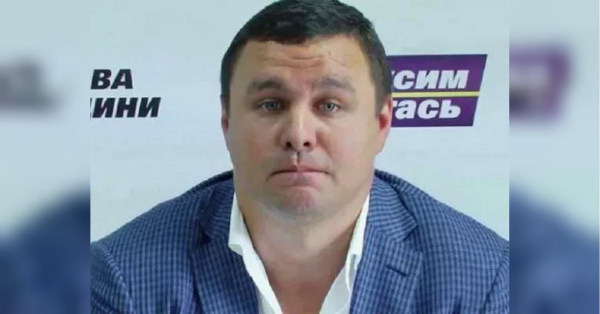
SOFIA, Bulgaria — Bulgarians are heading to the polls on Sunday for the country's fifth general election in two years, amid concern over the war in nearby Ukraine, political instability, and economic woes in the European Union’s poorest member.
Pollsters expect that voter fatigue and distrust in the will of politicians to fight corruption will result in a low turnout and a fragmented parliament, which will once again face an uphill battle to form a stable government.
Any hesitation to go to the polls could be additionally fueled by a series of recent bomb threats that led to the closure of hundreds of schools set to host polling stations for Sunday’s vote.
Cyber security experts attributed the threats to hacker groups engaged in hybrid attacks most likely linked to Russia, and said they were aimed at plunging Bulgaria into a state of fear and reducing voter turnout.
Despite the basic consensus that Bulgaria should continue to be part of the European Union and NATO, there is disagreement on the extent to which Sofia should support Ukraine in the war with Russia. This has led many observers to call Bulgaria NATO’s most vulnerable link to Russian influence.
Analysts think the war, inflation and a growing rift between pro-Russian and pro-European camps could drive more Bulgarians to vote for nationalist and pro-Moscow parties on Sunday.
Hopes for implementing long-awaited anti-corruption reforms were scorched last June, when the pro-Western government of Prime Minister Kiril Petkov lost a no-confidence vote in parliament after only six months in power. Petkov then claimed Moscow had used “hybrid war” tactics to bring down his government.
In February, President Rumen Radev dissolved parliament and set the date for the snap poll after six attempts to form a government had failed.
Latest opinion polls suggest that chances for an immediate end to the political stalemate are low.
Most pollsters found three-times Prime Minister Boyko Borissov’s center-right GERB party running neck-and-neck at around 26% with its main rival — Petkov's pro-Western We Continue the Change party, which recently formed a coalition with the right-wing Democratic Bulgaria.
A stable government could be formed only by the two main political formations in coalition, but Borissov is a divisive figure, widely accused of corruption by his opponents.
Petkov’s party rejects any coalition deal with GERB if Borissov remains at its helm, and proposes a minority government with the support of GERB — which in turn rejects the idea.
If a sixth election should indeed be required later this year, President Radev could keep the country going by appointing interim administrations, as he has done during most of the past two years.
Days ahead of being dissolved, the last parliament approved weapons shipments to Ukraine in December 2022. But the current caretaker government revised that decision, with Radev explaining that it would require a new decision by the next parliament.
“Bulgaria will not send weapons to Ukraine as long as this cabinet is in charge,” he said.
Radev recently said he favors a “peaceful” solution to the war in Ukraine and argued that sending weapons to Kyiv would be like “putting out fire with gasoline.”
Many Bulgarians who support Ukraine in its resistance to Russia accuse their president of being too soft on Moscow and undermining Bulgaria’s pro-Western orientation.
Sourse: abcnews.go.com






